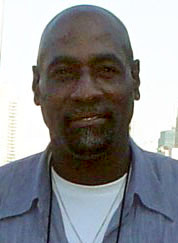International series
West Indies men
After two drawn games in the first two tests, the West Indians won the remaining three Test matches to convincingly win the series 3–0.

The West Indies cricket team made their tenth visit to England, under the captaincy of Clive Lloyd. [1] The first Test match was played at Trent Bridge in Nottingham. Viv Richards scored 232 runs for the West Indies in the first innings, and shared a partnership of 303 with Alvin Kallicharran. The West Indies ultimately batted for most of the first two days, and closed their innings on 494. In response, England made 332, avoiding the follow-on; David Steele scored a century. Batting again, the West Indies scored 176 runs, and set England a total of 339 runs to win. England, with only five and a quarter hours left in the match, did not attempt the chase, nor were the West Indies able to take early wickets to give them a chance of winning. The match finished as a draw; writing in the Wisden Cricketers' Almanack , Norman Preston said that "it was a disappointing performance" from England. [2]
Australia women
The Australian women's cricket team toured England between May and August 1976. The test series against England women's cricket team was played for the Women's Ashes, which England were defending. The series was drawn 0–0, meaning that England retained the Ashes. England won the three-match ODI series 2–1. [3] The second ODI, won by England, was the first women's cricket match ever played at Lord's. [4]